Lauréat avec Bernard MOURRAIN Université Côte d'Azur (France) - Son mini-cours et son interview
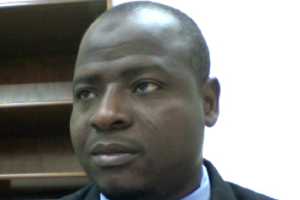

Lauréat avec Bernard MOURRAIN Université Côte d'Azur (France) - Son mini-cours et son interview
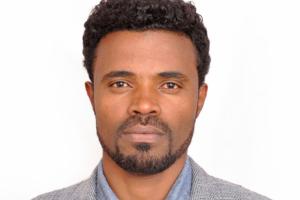
Lauréat avec Grad SORIN-MIHAI ENSTA Paris (France) - Son mini-cours et son interview
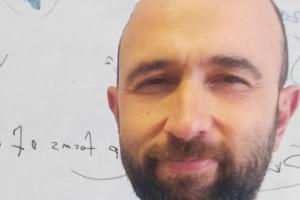
Lauréat avec Jean-Yves WELSCHINGER Université Claude Bernard Lyon 1 (France) - Son mini-cours et son interview

Lauréate avec Isabelle CHALENDAR Université Gustave Eiffel (France) - Son mini-cours
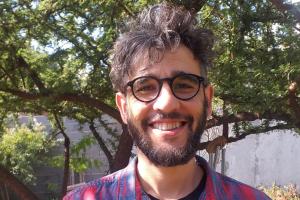
Lauréat avec Simon RICHE Université Clermont Auvergne (France) - Son mini-cours et son interview
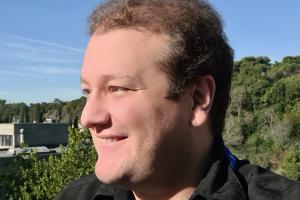
Lauréat avec Laurent HAUSWIRTH Universite Gustave Eiffel (France) - Son mini-cours et son interview

Lauréat avec Roberto CASADIO Università di Bologna (Italie) - Son mini-cours et son interview
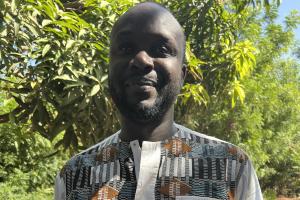
Lauréat avec Marie-Françoise ROY Université de Rennes I (France) - Son mini-cours
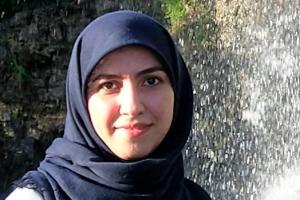
Lauréate avec Nick BEZHANISHVILI University of Amsterdam (Pays-Bas) - Son mini-cours
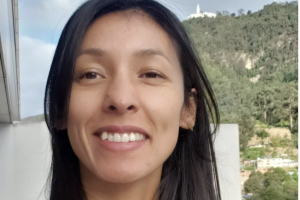
Lauréate avec Kolja KNAUER Universitat de Barcelona (Espagne) - Son mini-cours et son interview